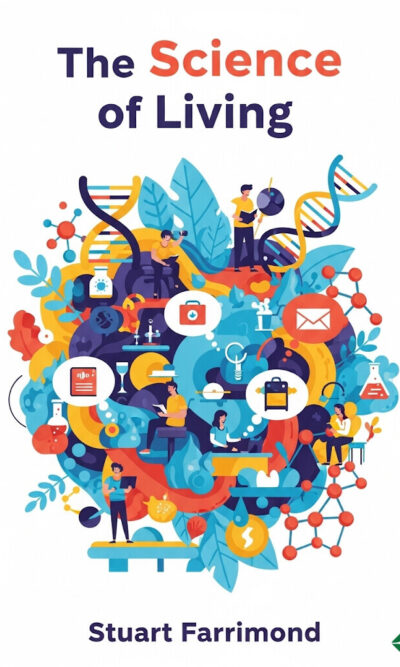Description
Millennials, born between 1981 and 1996, have often been unfairly labeled as lazy, entitled, or overly sensitive. But behind the stereotypes lies a deeper truth: many are suffering from burnout, a state brought on by years of societal, economic, and technological pressures beyond their control. From early childhood, their lives were shaped by forces that prepared them more for exhaustion than success.
Their journey began in micromanaged childhoods. Parents, fearful about future job markets and influenced by rising income inequality, treated childhood less as a time for fun and more as preparation for adult achievement. Instead of free play, kids were packed into structured activities designed to boost résumés. Added to this was the fear-driven culture of “stranger danger,” which limited their independence. This early conditioning toward constant productivity and external approval planted the seeds for the burnout many experience today.
As they grew older, the path to success seemed clear: go to college. Millennials were told that higher education was the key to stability and prosperity. But reality was different. As more people earned degrees, the value of a bachelor’s dropped. Graduates without elite credentials found themselves struggling to find meaningful work, and many turned to graduate school, taking on even more debt. This faith in education as a guaranteed route to success often led to disappointment, financial strain, and a relentless push to work harder rather than challenge the broken system.
On top of this, they were sold a romantic but dangerous idea: that work should be a “passion.” The promise of a dream job drew many into competitive, low-paying industries where their enthusiasm was exploited. Employers used the passion narrative to justify lower wages and fewer benefits, knowing there was always someone else eager to take the role. Over time, many millennials realized the trap and began seeking stability over glamour, choosing jobs that paid the bills rather than those that promised personal fulfillment but delivered financial stress.
Even for those in steady work, job security was often out of reach. The rise of the gig economy and contract work mirrored the “Kelly Girl” temp system of the 1970s, offering flexibility for employers but insecurity for workers. Without benefits, sick pay, or long-term prospects, millennials in freelance, delivery, and adjunct roles became part of a growing “precariat” class. In earlier decades, most workers could expect stable employment and a path for advancement, but for many millennials, these are now rare luxuries.
Workplaces also became harder to leave — literally. A culture of overwork took hold, with long hours rewarded through perks like free meals, entertainment, and even transportation home, blurring the line between work and life. What started in high-paying sectors like investment banking trickled into more ordinary workplaces, where the long hours didn’t come with big bonuses. For many, the ever-growing workload made long days feel unavoidable, deepening the cycle of exhaustion.
When they did finally step away from work, many millennials turned to technology — but instead of providing rest, it often left them more drained. Social media platforms, once lighthearted spaces to connect, became highlight reels that fueled unhealthy comparisons and self-doubt. News feeds delivered a constant stream of global crises, tragedies, and urgent updates, creating a sense of obligation to stay informed but also adding emotional strain. This relentless digital engagement kept stress levels high, even outside of working hours.
Taken together, these pressures paint a clear picture: millennials are not failing because they are weak or unwilling to work hard. They are navigating a world shaped by overbearing parenting styles, misleading promises about education, precarious employment systems, cultural glorification of overwork, and a digital environment that never lets them rest. The result is a generation struggling to keep up in an environment stacked against them.
Millennials’ burnout is not a personal flaw — it is a logical response to living in a system that demands more than it gives back. They were handed a set of rules for success that no longer work, and while they continue to adapt, the toll is real. Understanding the roots of their exhaustion is the first step toward creating a healthier, more sustainable way forward.





